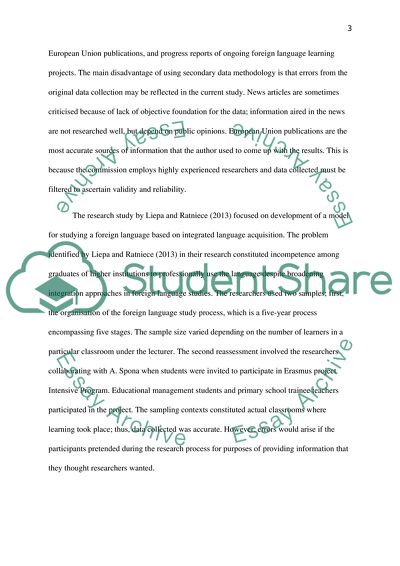Cite this document
(Foreign Language Learning in Various European Union Countries Essay, n.d.)
Foreign Language Learning in Various European Union Countries Essay. Retrieved from https://studentshare.org/education/1662729-figures-for-foreign-language-learning-in-different-eu-countries
Foreign Language Learning in Various European Union Countries Essay. Retrieved from https://studentshare.org/education/1662729-figures-for-foreign-language-learning-in-different-eu-countries
(Foreign Language Learning in Various European Union Countries Essay)
Foreign Language Learning in Various European Union Countries Essay. https://studentshare.org/education/1662729-figures-for-foreign-language-learning-in-different-eu-countries.
Foreign Language Learning in Various European Union Countries Essay. https://studentshare.org/education/1662729-figures-for-foreign-language-learning-in-different-eu-countries.
“Foreign Language Learning in Various European Union Countries Essay”, n.d. https://studentshare.org/education/1662729-figures-for-foreign-language-learning-in-different-eu-countries.


